Mud flies over direction of green technology
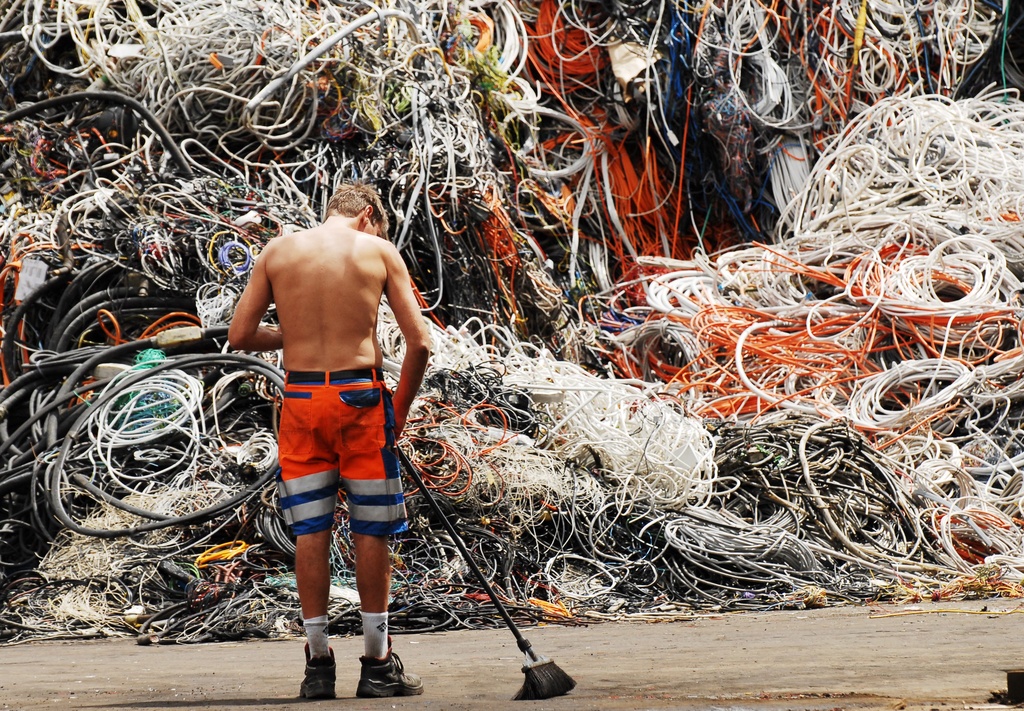
The rebuilding of Switzerland’s once-leading cleantech industry has created ructions between opposing groups over the mooted introduction of government regulations.
All sides agree that Swiss industry should beef up its production of green technologies. But while the cleantech sector would welcome tougher environmental controls, the wider business community rejects such a course.
At the crux of the argument are proposed new laws cutting Swiss carbon dioxide emissions by 20 per cent by 2020. The legislation, which would require emissions to be slashed only within the country, will be voted on in the autumn parliamentary session.
The country’s main trade lobby group, the Swiss Business Federation (economiesuisse), has been vocal in opposing the proposed the law, saying it would stifle innovation and economic growth.
Last week, the self-regulating Industry Energy Agency – supported by economiesuisse – argued that firms could be relied on to make efficiencies themselves.
On August 16, economiesuisse released a study that said the Swiss cleantech industry was lagging behind that of other countries. The business lobby group argued the sector could only be boosted by allowing large multinational firms based in Switzerland to prosper.
Big industry more effective
The study stated that the number of global cleantech patents increased by 277 per cent between 2000 and 2008 – with the share of such registered innovations on total patents climbing by 2.5 percentage points to 4.1 per cent.
Switzerland, by comparison, has seen its share of cleantech innovations rise marginally from 2.6 per cent of all patents to 2.8 per cent.
“Not all countries contribute equally to this technological upswing,” the report said. “Switzerland is among a group of countries that show a degree of specialisation below average.”
However, Swiss machinery and chemical firms were found to be far more active in the cleantech patent field than other sectors. Cleantech activity was more prevalent in larger, cash-rich companies with a strong international presence, the report concluded.
The study, conducted by the Swiss Economic Institute KOF, also found that 23.5 per cent of all Swiss firms across the board had some sort of cleantech operations, with 32 per cent of larger industrial firms active in the field.
“For Switzerland to achieve successful development [of its cleantech industry], it is therefore important to establish a good environment for multinational enterprises,” economiesuisse said in a statement.
Political message
But the Swiss Cleantech Association has smelt a rat, believing the report to be another weapon being wielded by economiesuisse to lobby against proposed tough environmental laws.
“Countries, such as Switzerland, that have a strategy of keeping energy prices low and few regulations stifle cleantech innovation,” Cleantech Association president Nick Beglinger told swisswinfo.ch.
“We need strong C02 targets to force companies to make energy efficiency savings,” he added. “And we can hardly tell the world that we are a leader in the cleantech sector without having such domestic C02 targets. It would be akin to a fitness instructor with a huge beer belly.”
Beglinger also took exception to the way the report used patents as a yardstick for the success of the cleantech sector. The measurement unfairly tilted the balance of the sector towards big industry, he argued.
“Smaller enterprises drive the sector and the entire Swiss economy, but they cannot afford to file that many patents,” Beglinger said. “Most cleantech innovation derives not from inventing new technologies, but from adapting existing systems to make them more efficient.”
No subsidies
Another bone of contention between the two groups is Switzerland’s decision taken earlier this year to phase out nuclear energy by 2034.
Economiesuisse has argued that such a move would damage Swiss business by creating a hole that cannot be easily filled, while the Cleantech Association believes it would act as a boost to alternative energy solutions.
But both parties agree on one thing: that growth in the Swiss cleantech sector should not be driven primarily by government subsidies.
“Cleantech cannot work simply through state measures,” Dominique Reber, economiesuisse’s head of infrastructure, energy and the environment, said on Tuesday.
Nick Beglinger is also against the idea of German-style tax breaks for companies that produce cleantech products. But he added that efforts should be made to calculate the indirect state subsidies of other energy sectors, such as helping to pay for the disposal of nuclear waste.
“Only when the regulatory framework takes into account the total cost of energy production can cleantech compete on a level playing field,” he told swissinfo.ch.
Up to the 1980s Switzerland was a pioneer in promoting technology aimed at producing clean energy and photovoltaics.
However, most companies closed down or moved abroad as a result of cuts in subsidies. The sector’s potential for innovation has been on the decrease since 2000, according to studies.
In a bid to reclaim lost ground, the government came up with a formula last year aimed at taking the country back to the top of the list by 2020. The plan includes 50 measures, partly to be implemented by the federal and by the cantonal authorities, to promote science and research on clean technologies and boost innovation.
Around 160,000 people – 4.5% of the labour force – are working in Switzerland’s cleantech industry.
The sector created added value of about SFr20 billion ($20.6 billion) in 2008, the equivalent value of the tourism industry, according to the economics industry.
Cleantech exports reached about 15% of overall exports between 1996 and 2008, but their share has been dropping since.

In compliance with the JTI standards
More: SWI swissinfo.ch certified by the Journalism Trust Initiative

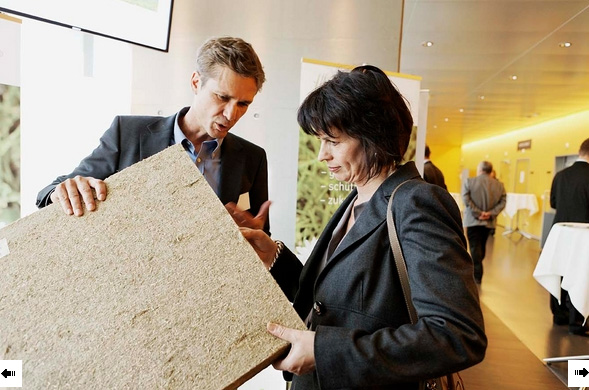
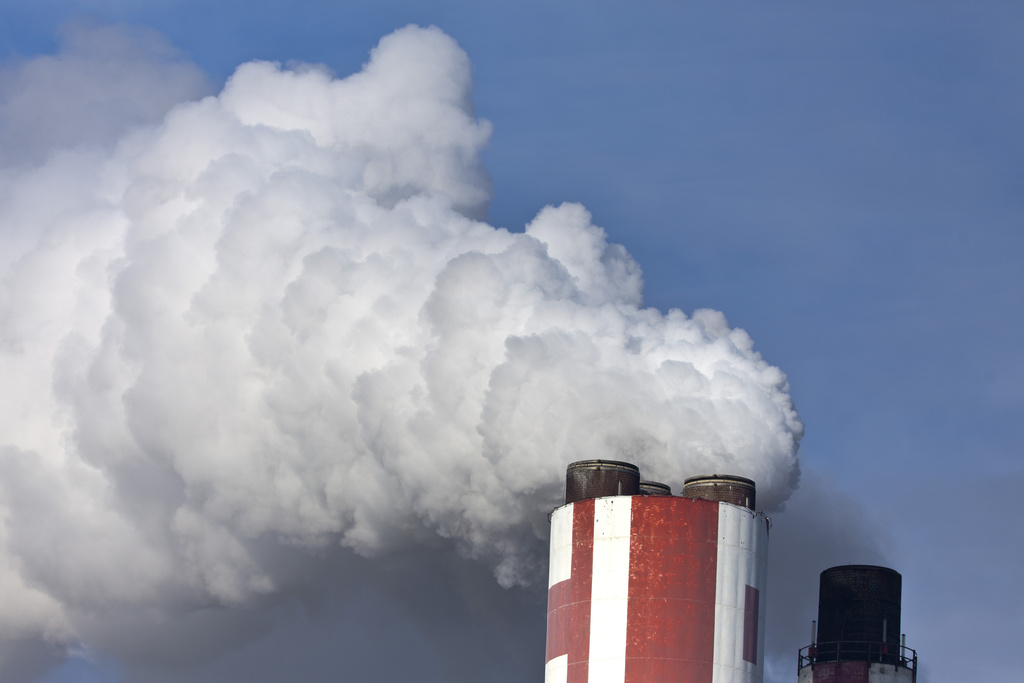
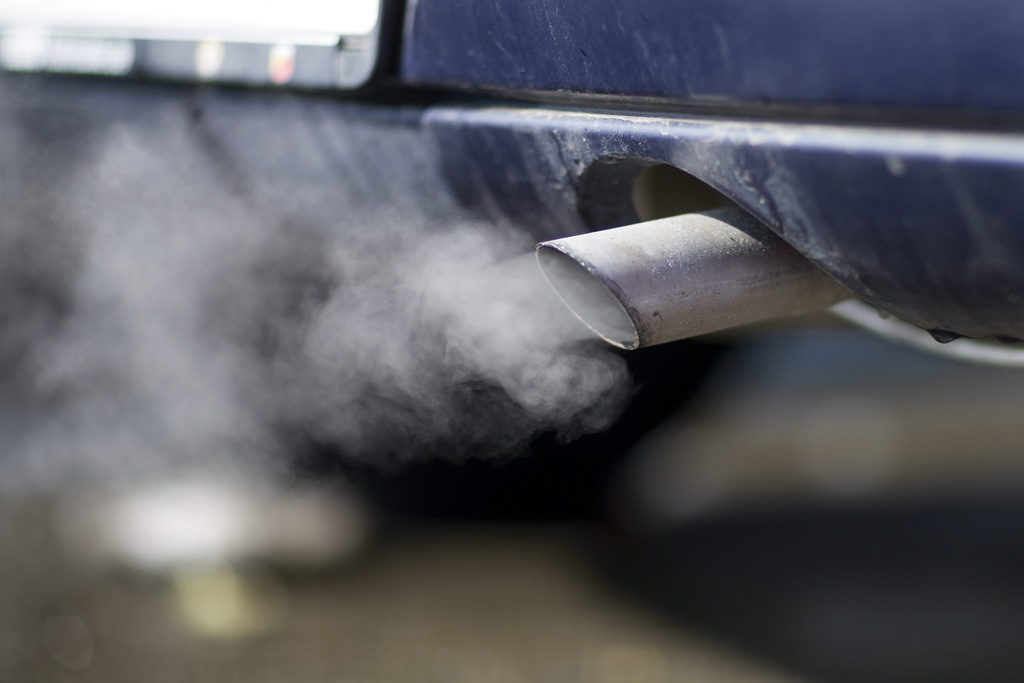

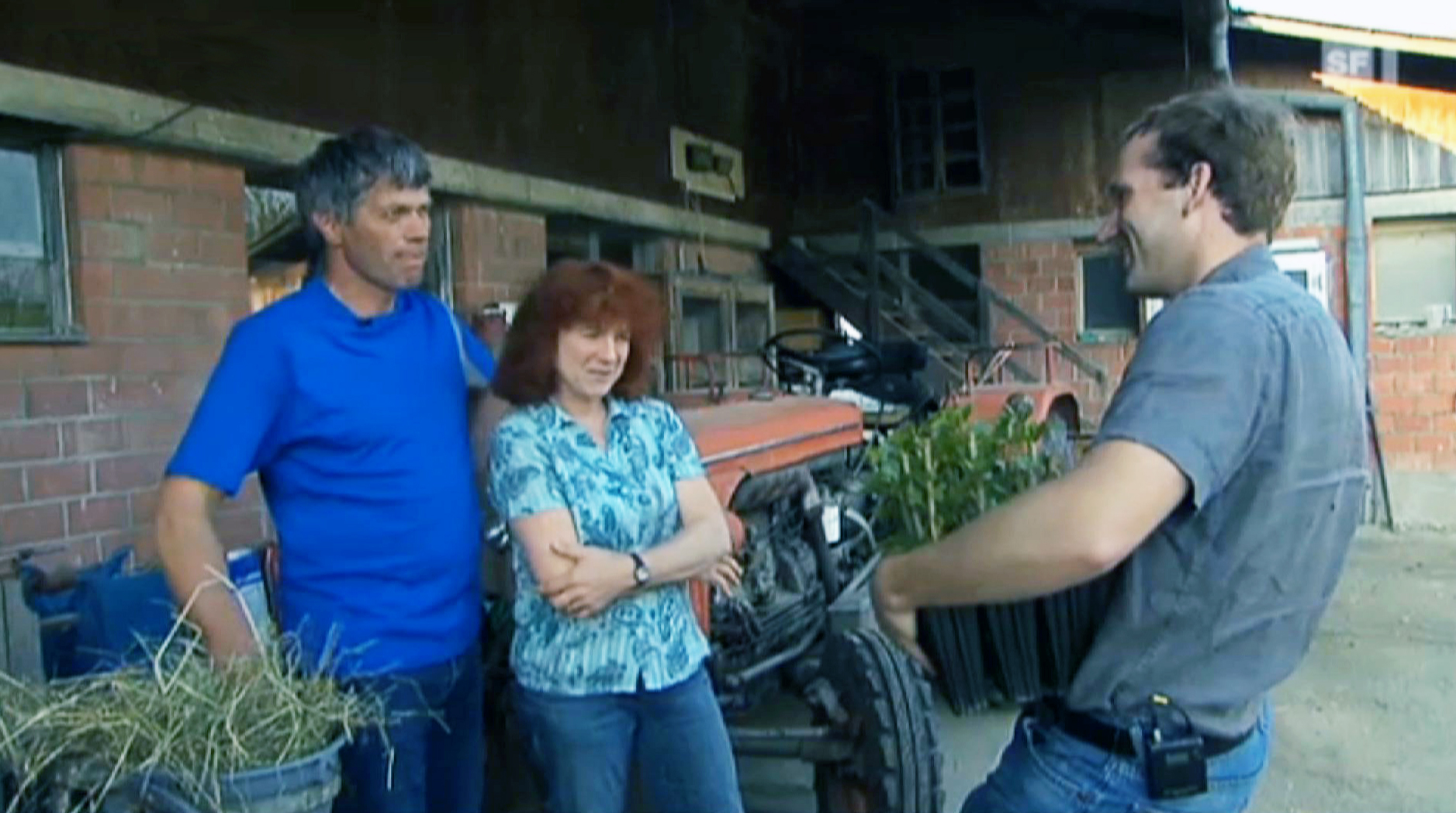


You can find an overview of ongoing debates with our journalists here. Please join us!
If you want to start a conversation about a topic raised in this article or want to report factual errors, email us at english@swissinfo.ch.